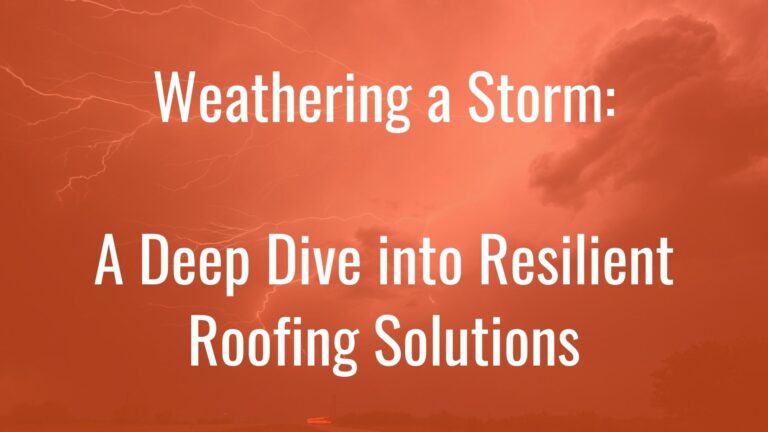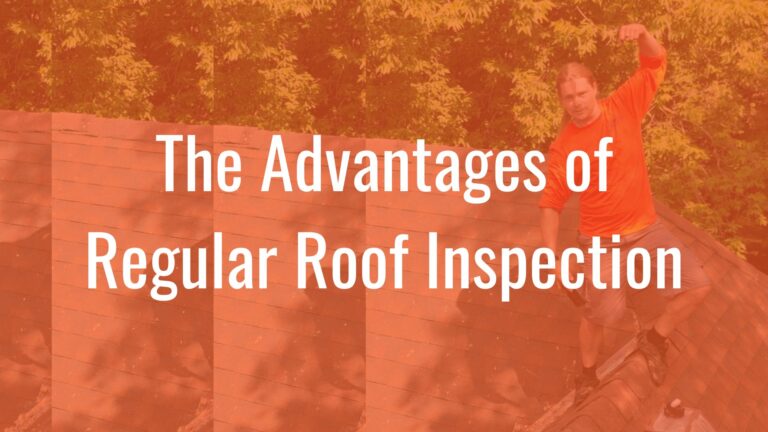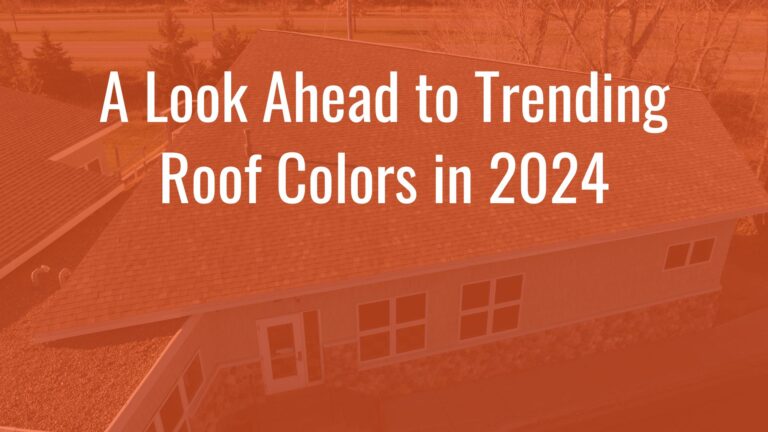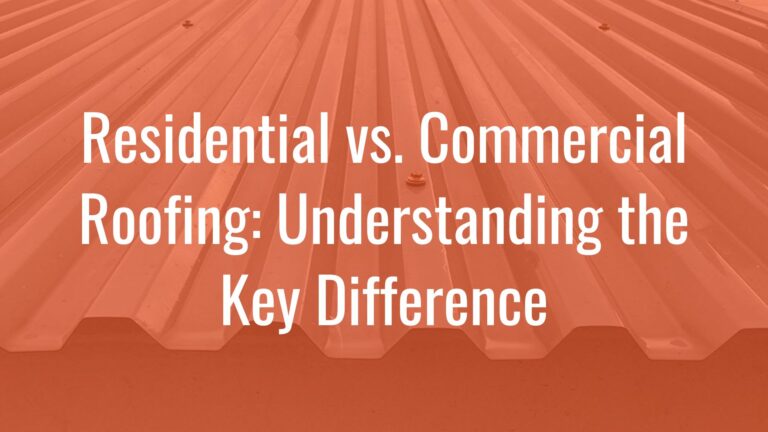What to Expect From a Roofing Inspection
The latest rave, solar panels, are another form of energy for your home. In an effort to reduce our carbon footprint, solar roofs have become an increasingly popular choice by homeowners. Additionally, they have been shown to be economical in the long term.
With high upfront costs and possible incompatibility, solar roofs are not always the easy option. But the benefits truly outweigh the disadvantages.
Here we will discuss the pros and cons, costs, and considerations when thinking about solar energy for your home.
On this page
(Click for a shortcut)
When to schedule a roofing inspection
You may wonder when the right time to schedule a roof inspection might be. Well, the following are 3 instances in which you need to consider one.
- After severe weather: If your home experiences strong winds and/or hail, be sure to get an inspection. Your insurance will always require a roof inspection if you make a damage claim in addition to sending out their own adjuster.
- Periodic inspection: Roofs age and experience normal wear and tear. To keep an eye on your roof is encouraged. You can perform your own inspection for the first half of its lifetime. After your roof has surpassed half of its expected lifetime, an inspection would be wise every 2-3 years.
- Buying a home: Buying a home is very exciting, but without the proper knowledge of the roof’s condition, it could end up a money pit. Roof replacements are not cheap, so be informed about what you’re getting into.
What's included in a standard roof inspection

Professional roofing inspections contain an examination of all roofing elements. The four big components are the interior, material, structural, and workmanship inspection.
Interior inspection
The truth is that not all roofing damage is visible from the exterior. A necessary step to a proper inspection would be to check on the attic, ceilings, and walls. The roofing professional will look for the following signs of damage.
- Proper ventilation
- Mildew or mold
- Daylight peeking through the roof
- Water damage on the trusses
- Compacted insulation from getting wet
- Water stains or rot
- Pests
Exterior inspection
A close inspection of the roofing materials is also a part of the inspection. The main focus here will be the shingles and flashing. In addition to obvious signs of damage like missing or cracked shingles, some items they may look for include…
- Hail damage
- Rust
- Mold
- Discoloration
- Signs of leaks
Structural inspection
The most critical parts of your roofing system will be assessed in the structural inspection. The inspector will keep an eye out for signs that indicate a loss in structural integrity such as:
- Deteriorated rafters and trusses
- Sagging ceilings
- Leaning exterior walls
- Damaged rafter and collar ties
Workmanship inspection
A thorough inspection will also involve a workmanship inspection in which the roofing professional will check for problems with the craftmanship. This includes smaller details such as the following…
- Shingle placement
- Correct flashing type
- Proper securement of shingles and plywood decking
- No nails popping out
Roof Inspection Cost
Typically, roofing companies will provide a free basic roof inspection. This service traditionally comes with a repair/replacement quote and heavily emphasized on storm damage. Otherwise, you can expect to pay from $100 to $300 depending on how detailed the inspection might be. The national average cost is about $200.
Other types of inspections including thermal imaging or drone use could cost upwards $500. At the end of the day, location, roof type, square footage, and inspection type are all things that determine the final roofing inspection cost.
Types of roof inspections
From routine to pre-purchase inspections, there are different types of roofing inspections with different purposes in mind. With new technology, new and exciting forms of roof inspections are taking hold in the industry. Here are the most common types of roof inspections:
Routine maintenance
This is the most basic roofing inspection with a purpose of identifying signs of wear and tear on a roof. Hence the name, these should be performed on a regular basis by a homeowner. Some things to look out for are missing, cracked, or loose shingles. Additionally, keep an eye out for clogged gutters.
Storm damage

After a major storm, storm damage inspections are important to assess the damage caused by that storm. Insurance companies are much more likely to cover a roof replacement of storm damage when you address it early. If you experience hail or extreme weather, get one of these asap!
Pre-purchase
Before finalizing a purchase, some opt for a pre-purchase inspection. This is a thorough and important inspection that will identify if there are any roof problems that could decrease the value of the home.
Certification
Required by insurance companies, this inspection certifies the condition of the roof. A roofing professional will inspect the roof and indicate in a written report if the roof meets certain standards.
Adjuster
An adjuster inspection will occur if there is a claim opened on the roof. After the insurance adjuster inspects and documents the damage, they will provide an estimate of what the company will cover in repair or replacement costs.
Leak detection
In order to identify the source of a leak in a roof, an inspector may perform this specialized leak detection inspection. It involves a water test in which the inspector carefully sprays water on a roof and observes where the water seeps through. This will be completed to assess the full extent of the damage.
Infarred roof
More exciting is the infrared roof inspection which offers a detailed report of potential problems with a roof by detecting moisture intrusion. The technology used during this inspection can identify problems that a physical inspection may not pick up.
Drone roof inspection
In the new world of drones, they have proven especially useful in the roofing industry. In addition to adding safety to the inspection process, a drone inspection can also speed up the process.
During this procedure, a drone will be operated to take detailed photos/videos around a roof. This will provide accurate and scaled images to keep the project consistent. Sometimes, the footage will be used to create 3D model of the home.
Can I do my own roof inspection
Yes, you can do your own roof inspections. Actually, this would be a valuable periodical practice to catch issues early. However, an at-home inspection is not always enough.
For the last half of your roof’s lifespan, a bi-annual professional roofing inspection is recommended. Roofing professionals are highly trained with a better understanding of what to look for.
Important note: if you’re planning to make a roofing claim, your insurance company will require a roofing inspector’s report from a respected roofing company.
How do I know that my roof inspection was done right
Yes, you can do your own roof inspections. Actually, this would be a valuable periodical practice to catch issues early. However, an at-home inspection is not always enough.
For the last half of your roof’s lifespan, a bi-annual professional roofing inspection is recommended. Roofing professionals are highly trained with a better understanding of what to look for.
Important note: if you’re planning to make a roofing claim, your insurance company will require a roofing inspector’s report from a respected roofing company.

Conclusion
To ensure your roof is in its best condition is the duty of a homeowner. From an economic standpoint, roof inspections are a worthwhile practice to keep your home in tip-top condition.
By working with a qualified roofing professional, you can get an accurate picture of your roof’s condition. In fact, $200 up front could save you thousands of dollars in the long run. Don’t wait until your roof has major issues to get an inspection.
Peace of mind is one of the biggest rewards of regular roof inspections.
In need of a roof inspection? Call T-10 Construction today for a FREE inspection and estimate!




